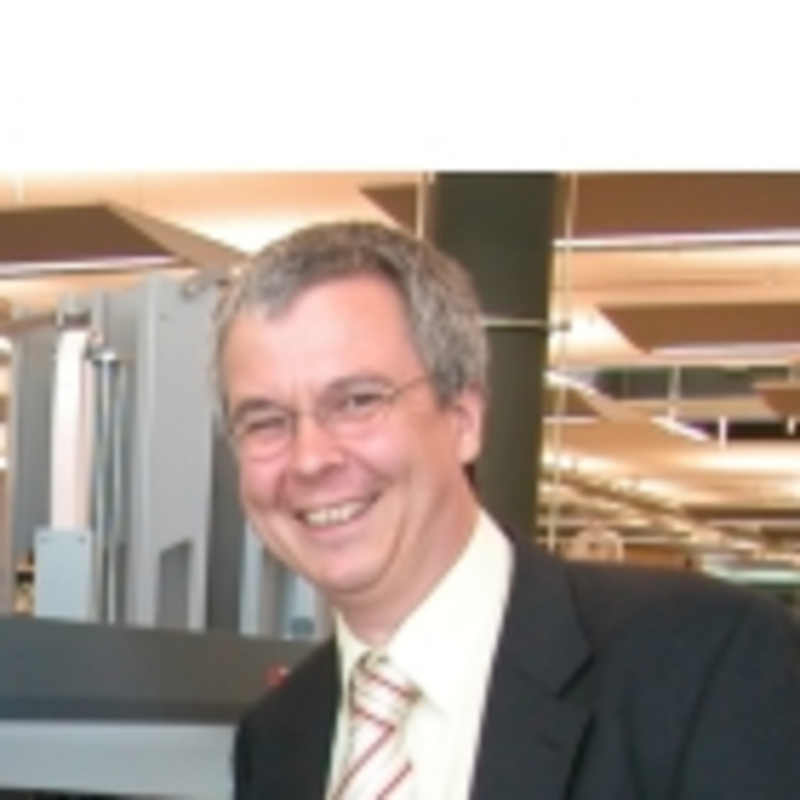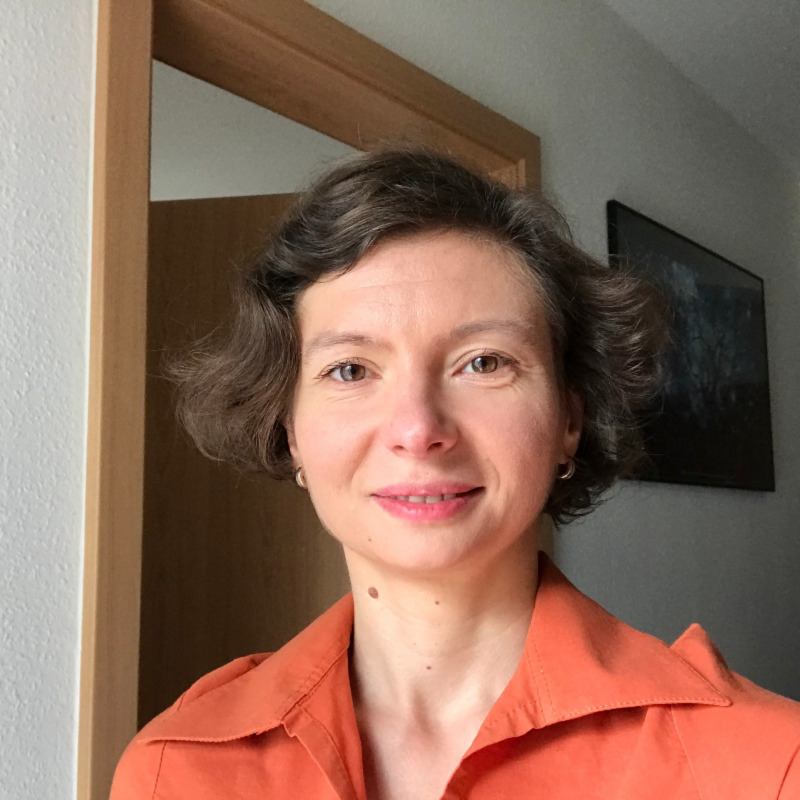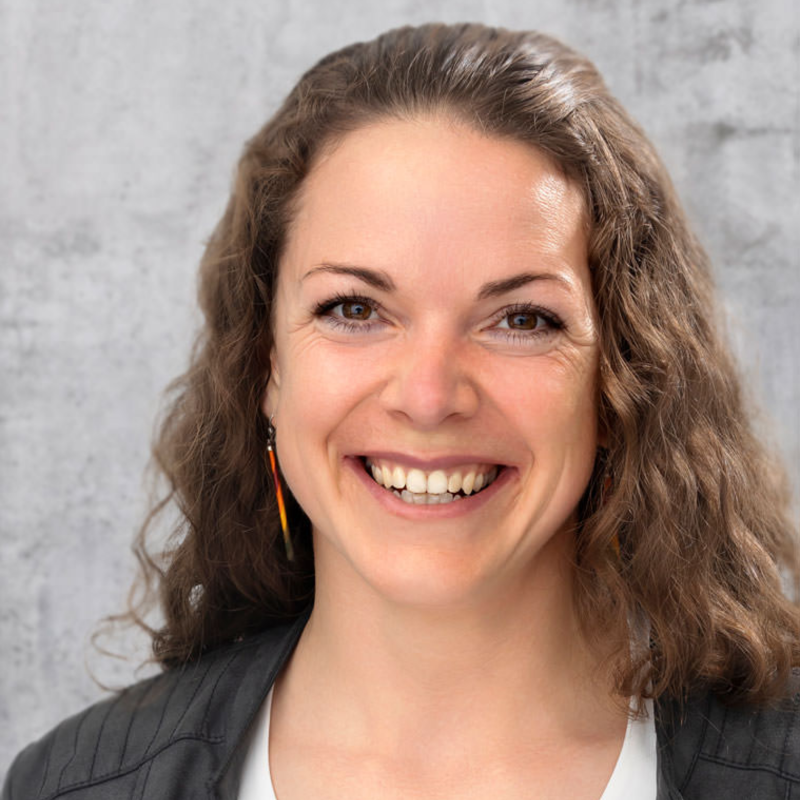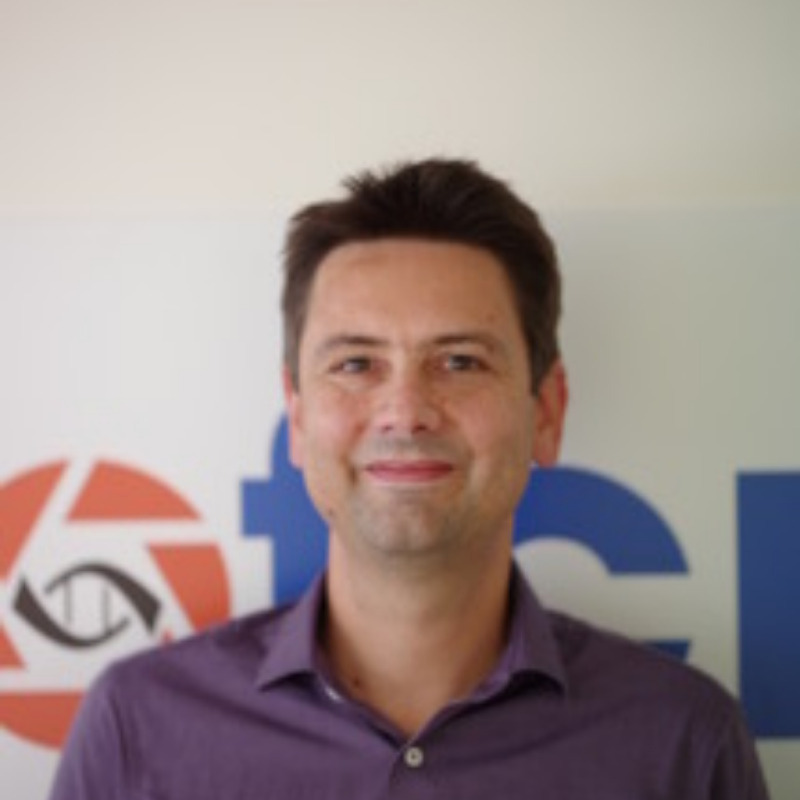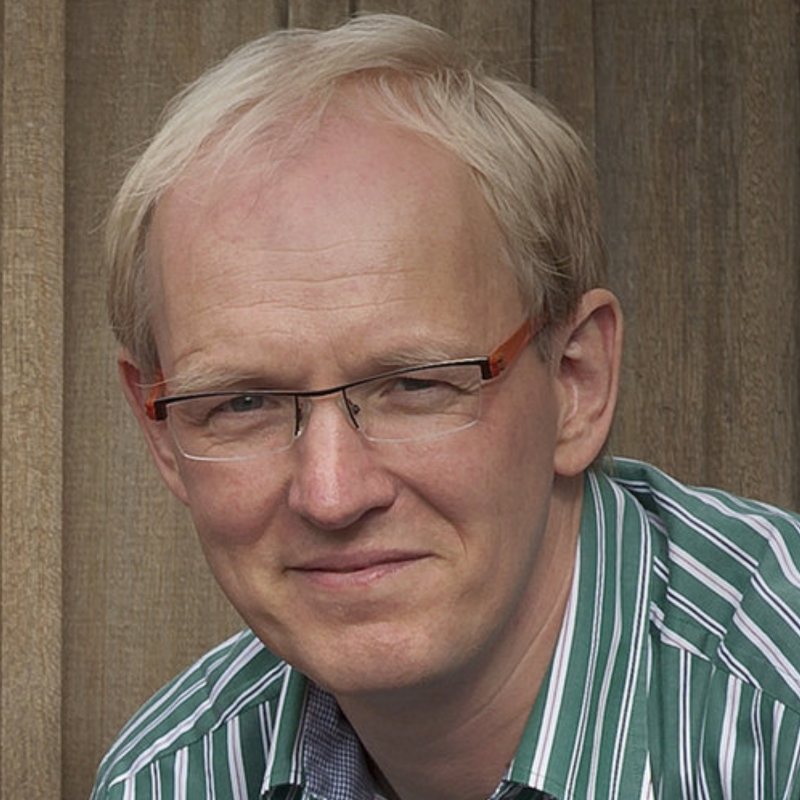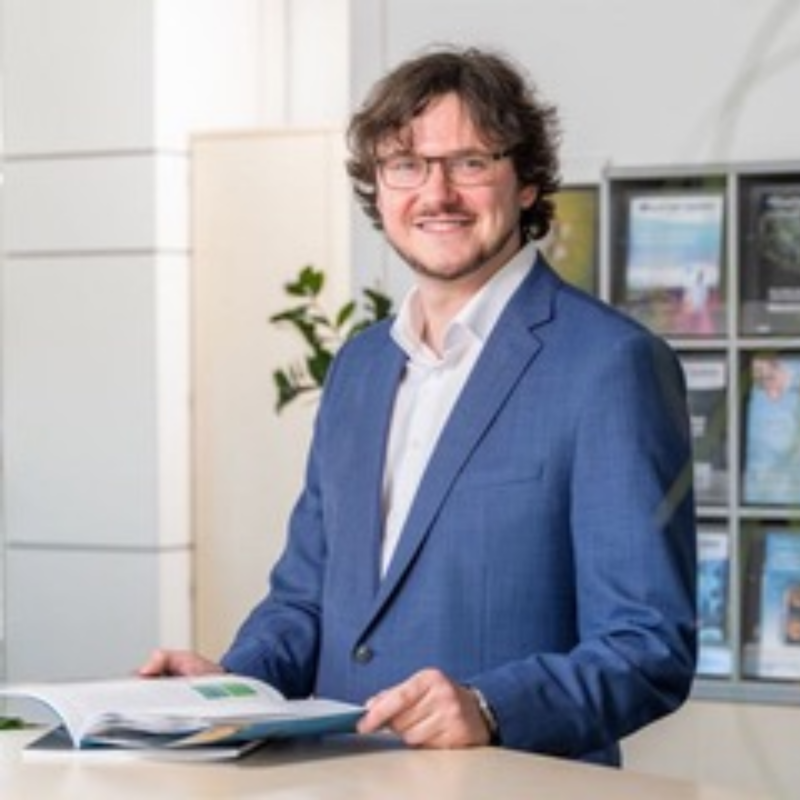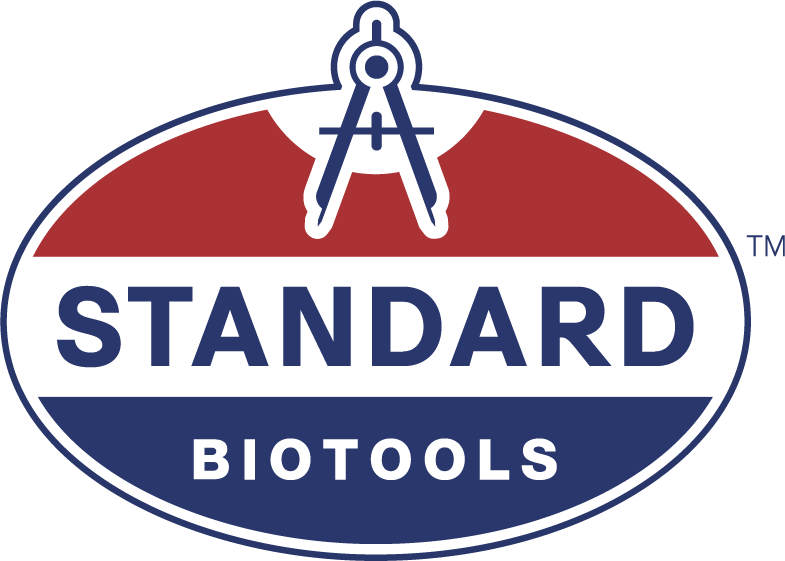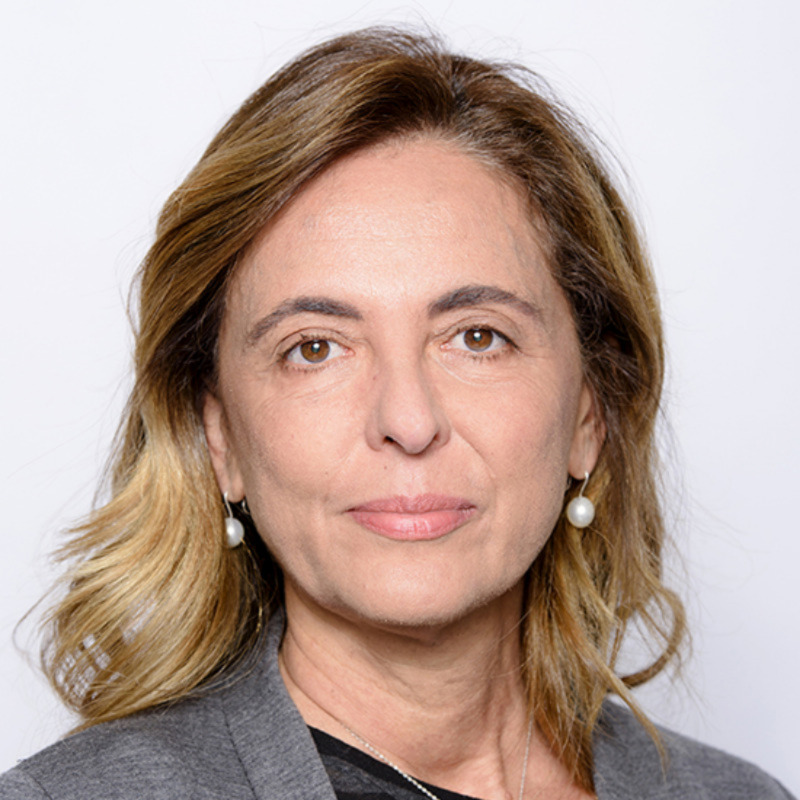
Abstract
Federica Sallusto1,2, Julia Puchan1, Marc Weisshaar1, Federico Mele2
1Medical Immunology Laboratory, Institute of Microbiology, ETH Zurich and 2Institute for Research in Biomedicine, Università della Svizzera italiana, Bellinzona
The immune response to and the clinical outcome of an infection is dependent on a variety of environmental and host factors. Studies in patients with primary immunodeficiencies have shown that the genetic variability has a strong impact on the clinical outcome and that even single-gene inborn defects of the immune system can cause severe diseases. These gene defects can affect the host immune response in multiple ways, including an impairment of T helper cell differentiation. In the context of collaborative efforts to understand how genetic mutations that underlie familial mycobacterial and fungal diseases (MSMD and CMC) functionally contribute to immune deficits, we are interested to delineate pathways and molecules that regulate human T cell differentiation and function. We are especially interested in studying mutations leading to specific deficiencies in the IL-17/Th17 and the IFN-/Th1 pathways. A variety of approaches are being used to study T cells in immunodeficient patients and controls, from T cell cloning to single cell RNAseq and genome editing with CRISPR/Cas9. These studies can provide insights into human T helper cell differentiation pathways and identify new targets for immune intervention.
This work is done in collaboration with Jean-Laurent Casanova (Rockefeller University, New York, US) and Anne Puel (Imagine Institute, Paris, France)

